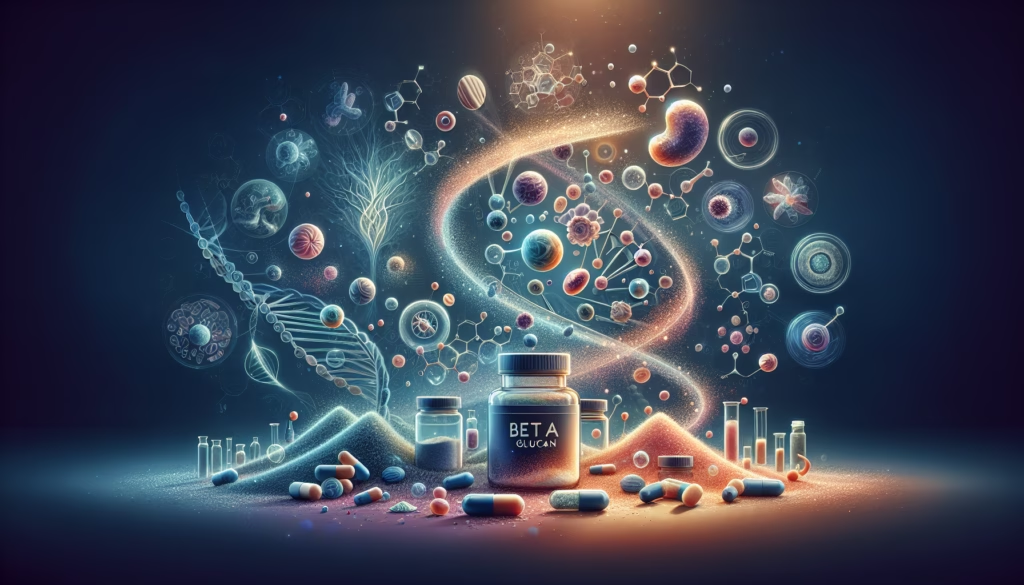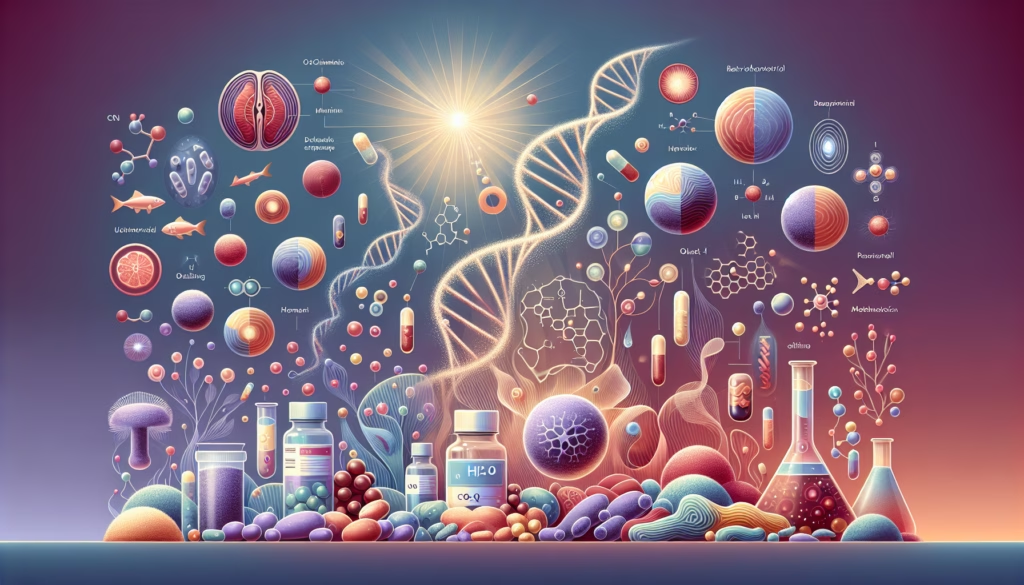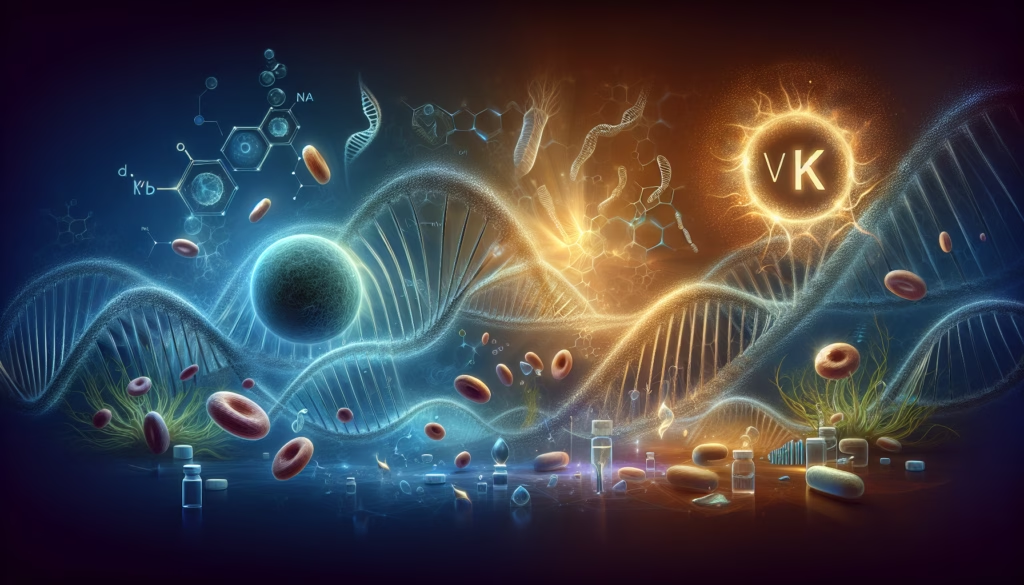
Beta Glucan
Discover the science-backed potential of beta glucan as an adjunct in cancer therapy. This post delves into the latest research
Click 
Naringin is a natural dihydro flavone found primarily in citrus fruits and certain traditional Chinese medicines. It has been extensively studied for its broad-spectrum pharmacological activities, including potent anti-cancer effects.
Inhibition of Cell Proliferation: Naringin blocks the cell cycle, inhibiting tumour cell proliferation and inducing apoptosis, which is crucial for preventing cancer progression34.
Induction of Apoptosis and Autophagy: It promotes apoptosis by modulating pro-apoptotic proteins like Bax and inhibits autophagy pathways, leading to tumour cell death45.
Inhibition of Invasion and Metastasis: Naringin suppresses tumour cell invasion and metastasis by regulating factors such as matrix metalloproteinases (MMPs)5.
Reversal of Drug Resistance: It enhances chemotherapy drug sensitivity by downregulating drug resistance genes and proteins, improving treatment efficacy35.
Naringin has shown efficacy against various cancers, including:
Gastric Cancer: Promotes autophagic cell death by suppressing Akt/mTOR signaling2.
Glioblastoma: Inhibits cell proliferation and metastasis by targeting the FAK pathway2.
Melanoma: Suppresses cell migration and invasion through the c-Src/Akt pathway2.
Breast and Colorectal Cancer: Induces cell cycle arrest and apoptosis by modulating key regulators7.
Combination Therapy: Naringin can be used in combination with chemotherapeutic agents to enhance their efficacy and reduce resistance37.
Natural Chemoprevention: Its anti-inflammatory and antioxidant properties make it a promising candidate for cancer prevention34.
While naringin shows significant promise, further preclinical and clinical studies are needed to fully explore its therapeutic potential and develop effective formulations for cancer treatment.
This overview highlights the multifaceted anti-cancer properties of naringin, making it a valuable compound for future cancer therapies.
Currently, no specific dosage recommendations for Naringin in cancer treatment have been established through clinical trials. Further research is needed to determine optimal therapeutic doses and safety profiles for various cancer types.
Breast Cancer, Lung Cancer
Naringin, a flavonoid found in citrus fruits, is generally considered safe but can cause some side effects, especially when taken as a dietary supplement.
Here are some of the reported side effects:
Common Side Effects:
Less Common Side Effects:
Potential Drug Interactions:
It’s important to consult with a healthcare provider before starting naringin supplements, especially if you are taking other medications or have underlying health conditions.
Several combination therapies involving naringin have been studied to enhance its anti-cancer effects. Here are some examples:
Naringin and Doxorubicin: Studies have shown that combining naringin with doxorubicin synergistically inhibits cell growth and migration in cancer cells. For instance, in HeLa cervical cancer cells and MCF-7 breast cancer cells, this combination reduced cell proliferation and enhanced apoptosis14.
Naringin and Paclitaxel: In prostate cancer cells, the combination of naringin and paclitaxel induced apoptosis and reduced cell growth more effectively than either compound alone. This combination also inhibited cell migration and invasion by modulating signalling pathways like NF-κB, ERK, and Akt13.
Naringin and Atorvastatin: For prostate cancer, combining naringin with atorvastatin synergistically induced apoptosis, reduced cell growth, and suppressed invasion and migration by downregulating key survival pathways1.
Naringin and Cisplatin: Naringin has been shown to enhance the sensitivity of cancer cells to cisplatin by downregulating drug resistance genes and proteins, thereby improving the efficacy of chemotherapy3.
These combination therapies highlight the potential of naringin to enhance the effects of conventional chemotherapeutic agents while reducing drug resistance and side effects. However, further research is needed to fully explore these combinations in clinical settings.
– US National Library of Medicine research on Naringin
The quality of life impact of taking naringin for cancer treatment is not extensively documented in clinical trials, but based on preclinical studies and its known effects, several potential benefits can be inferred:
Cancer-Related Symptoms: Naringin may help alleviate symptoms associated with cancer and its treatment, such as cachexia, by reducing pro-inflammatory cytokines like TNF-α and IL-634. This could lead to improved nutritional status and overall well-being.
Side Effects of Chemotherapy: By enhancing the sensitivity of cancer cells to chemotherapeutic drugs, naringin may help reduce the required dosage of these drugs, potentially minimizing side effects such as nausea, fatigue, and hair loss1.
Inflammation and Oxidative Stress: Naringin’s anti-inflammatory and antioxidant properties could mitigate systemic inflammation and oxidative stress, which are common in cancer patients and can negatively impact quality of life5.
Cancer-Related Fatigue: Although not directly studied, naringin’s potential to improve metabolic health and reduce inflammation might help manage cancer-related fatigue, a common symptom affecting quality of life.
However, it is crucial to note that these benefits are speculative and based on preclinical data. Comprehensive clinical trials are needed to fully understand the impact of naringin on quality of life in cancer patients.
We’ve done our best to include as much information as possible for this supplement.
If you have any other questions, please send us a message or join our Skool Group and ask our knowledgeable and friendly community.
Naringin is readily available in the UK and EU as a dietary supplement. Its regulatory status varies globally, with no specific therapeutic approvals for cancer treatment. Consumers should be aware that dietary supplements are not regulated as strictly as pharmaceutical drugs.
No specific data found in peer-reviewed literature for patient demographic highlighting the lack of clinical trials.
Several resistance mechanisms have been identified in cancer cells, and naringin has been shown to counteract some of these mechanisms:
Drug Resistance Genes and Proteins: Cancer cells often develop resistance to chemotherapeutic drugs by overexpressing drug resistance genes and proteins, such as P-glycoprotein (P-gp) and multidrug resistance-associated protein (MRP). Naringin can downregulate the expression of these proteins, thereby enhancing drug sensitivity and reversing resistance23.
NF-κB Signalling Pathway: The NF-κB pathway is involved in drug resistance by promoting cell survival and inhibiting apoptosis. Naringin can block this pathway, which helps in overcoming drug resistance23.
Autophagy: Autophagy can contribute to drug resistance in cancer cells. Naringin has been shown to inhibit autophagy, which is mediated by pathways like the TGF-β2/smad2 pathway, thereby reversing resistance to drugs such as cisplatin6.
ABC Transporter Family: Overexpression of ABC transporters leads to multidrug resistance (MDR). Naringin’s ability to downregulate these transporters helps in reducing drug efflux from cancer cells, increasing drug concentration and effectiveness23.
By targeting these resistance mechanisms, naringin can enhance the efficacy of conventional chemotherapeutic agents and improve treatment outcomes.
Preclinical studies on naringin have provided significant insights into its anti-cancer properties and potential therapeutic applications. Here are some key details from these studies:
Preclinical studies have been conducted primarily in vitro and in vivo to evaluate the efficacy and mechanisms of naringin against various types of cancer.
Glioblastoma: Naringin has been shown to inhibit cell proliferation, metastasis, and angiogenesis in glioblastoma cells. It suppresses the focal adhesion kinase (FAK) pathway, leading to reduced cell migration and invasion15.
Melanoma: Naringin promotes cycle arrest and apoptosis in melanoma cells, suppressing cell proliferation and migration by modulating the c-Src/Akt signalling pathway14.
Gastric Cancer: Naringin induces autophagic cell death in gastric cancer cells by suppressing the Akt/mTOR/PI3K signalling cascade13.
Breast and Colorectal Cancer: Naringin has been shown to induce cell cycle arrest and apoptosis in these cancers by modulating key regulators such as p21 and p273.
Naringin and Irinotecan: Studies have demonstrated that combining naringin with irinotecan enhances cytotoxicity to cancer cells while protecting normal cells1.
Naringin and Cisplatin: Naringin increases the sensitivity of ovarian cancer cells to cisplatin by downregulating drug resistance genes and proteins3.
Metal complexes of naringin, such as naringin-metal complexes, have shown greater anticancer effects compared to free naringin. These complexes exhibit enhanced cytotoxic activities against various cancer cell lines1.
Naringin employs multitargeted mechanisms to inhibit cancer cell proliferation, autophagy, apoptosis, inflammation, angiogenesis, metastasis, and invasion. It modulates several dysregulated signalling cascades, including PI3K/AKT, NF-κB, and MAPK pathways13.
Currently, no active clinical trials specifically investigating Naringin as a primary treatment for cancer are listed in major research databases. This highlights the need for translational research to bridge the gap between promising preclinical findings and human studies.
Research on genetic markers predicting Naringin response in cancer is currently limited. Future studies should explore potential biomarkers that could help identify cancer warriors most likely to benefit from Naringin-based interventions.

Discover the science-backed potential of beta glucan as an adjunct in cancer therapy. This post delves into the latest research

Explore the emerging world of hydrogen gas (H₂), also known as Brown Gas, and its remarkable potential as an adjunct

Explore the latest scientific insights into vitamin K2 and its promising role in cancer therapy. In this comprehensive blog post,
Apoptosis, or programmed cell death, is a natural process where cells self-destruct when they are damaged or no longer needed. This is crucial for maintaining healthy tissues and preventing diseases like cancer.
Drugs and supplements that induce apoptosis help eliminate cancerous cells by triggering this self-destruct mechanism, ensuring that harmful cells are removed without damaging surrounding healthy tissue.
Understanding and harnessing apoptosis is vital in the fight against cancer, as it targets the root cause of the disease at the cellular level.
Cell proliferation is the process by which cells grow and divide to produce more cells. While this is essential for growth and healing, uncontrolled cell proliferation can lead to cancer.
Drugs and supplements that inhibit cell proliferation help prevent the rapid multiplication of cancerous cells, slowing down or stopping the progression of the disease.
By targeting the mechanisms that drive cell division, these treatments play a vital role in controlling and potentially eradicating cancer.
Cancer cells often hijack specific biological pathways to grow and spread. Drugs and supplements that target these pathways can disrupt the cancer cell’s ability to survive and multiply.
By focusing on the unique mechanisms that cancer cells use, these treatments can be more effective and cause fewer side effects compared to traditional therapies.
Targeting specific pathways is a key strategy in precision medicine, offering a tailored approach to combat cancer at its core.
Angiogenesis is the process by which new blood vessels form, supplying nutrients and oxygen to tissues. Cancer cells exploit this process to fuel their growth and spread.
Drugs and supplements that inhibit angiogenesis can effectively starve cancer cells by blocking the formation of these new blood vessels.
By cutting off the supply lines that tumors rely on, angiogenesis inhibitors play a crucial role in controlling and potentially shrinking cancerous growths.
Immunotherapy harnesses the power of the body’s immune system to combat cancer. By boosting or restoring the immune system’s natural ability to detect and destroy cancer cells, immunotherapy offers a targeted and effective approach to treatment.
Drugs and supplements that support immunotherapy can enhance the immune response, making it more efficient at identifying and attacking cancer cells.
This innovative approach not only helps in treating cancer but also reduces the risk of recurrence, providing a powerful tool in the fight against this disease.
Inflammation is the body’s natural response to injury or infection, but chronic inflammation can contribute to the development and progression of cancer.
Drugs and supplements with anti-inflammatory properties help reduce inflammation, thereby lowering the risk of cancer and other chronic diseases.
By targeting the inflammatory processes, these treatments can help maintain a healthier cellular environment and prevent the conditions that allow cancer to thrive.